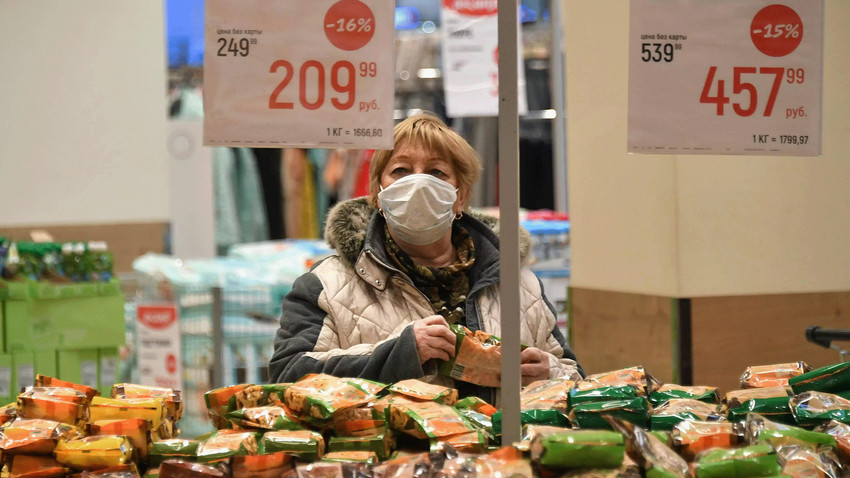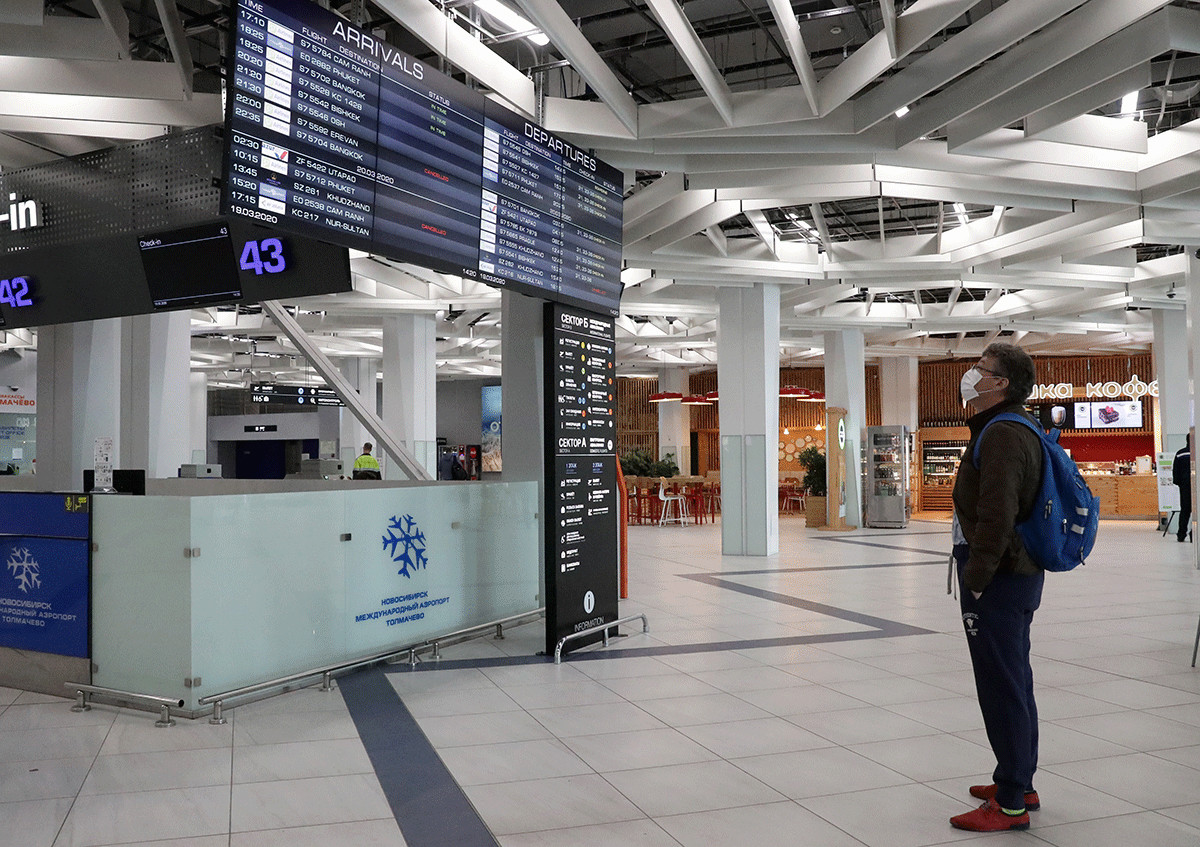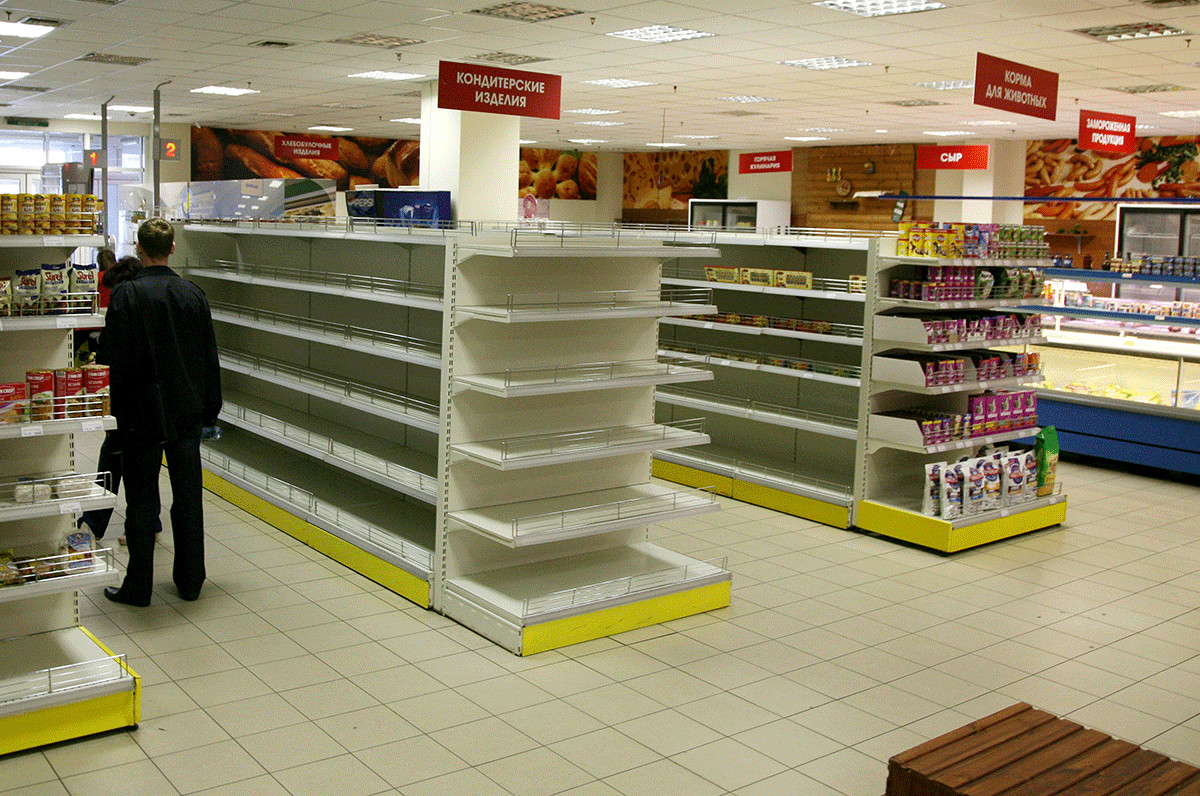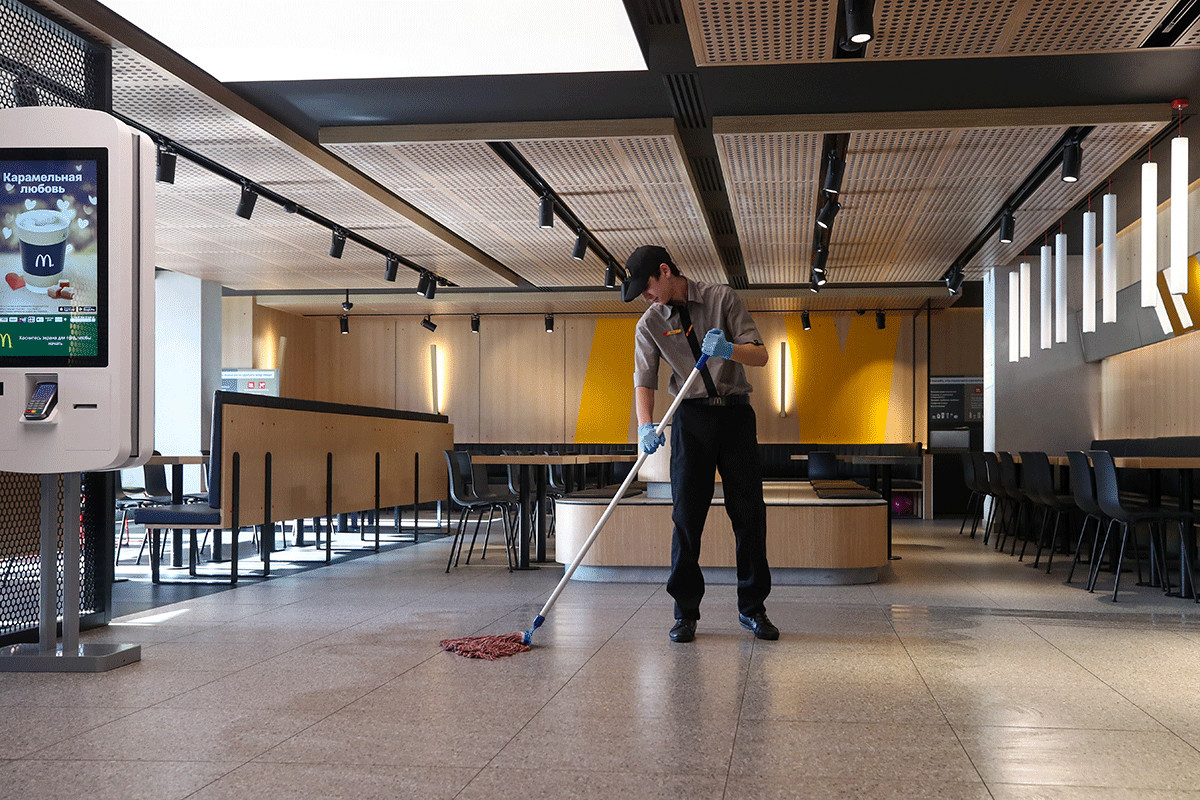What is Russia’s economic response to coronavirus?

State borders are closing, leading airlines and travel companies are losing money, people are panicking and hoarding “strategic” goods - and all of this is affecting national economies today, including Russia’s.
Russian airline companies are predicted to lose at least 70 billion rubles (ca. $947 million) as a result of international flights being canceled, while tour operators - 27 billion rubles (ca. $365 million). Plus, it remains to be seen how much small and medium-sized businesses will lose as a result of quarantines, self-isolations and falling consumer spending.
Russian Finance Minister Anton Siluanov stated on March 19 that the impact of coronavirus on the economy would be even more severe than that of the global oil price drop. “Now we are seeing two factors (at play): the fall of the oil prices and the consequences of the so-called coronavirus. I think that the latter is even more significant because it has an impact on the whole range of industries,” he told journalists.

So what is the Russian government planning to do to minimize the economic consequences of this emergency?
According to Dmitry Lesnyak, head of GR practice at the Moscow-based BMS Law Firm, the authorities are currently doing their best to stop the panic and are hesitant to introduce a state of emergency, because it could seriously further affect the economy.
“State officials are holding personal meetings with the representatives of business to see what needs to be done,” the expert says. “The Ministry of Finance is allocating funds and is developing a set of support measures. The consequences of the virus are minimal (for the economy), but the panic because of it has already hit and will continue to hit the economy.”

As of March 18, state officials have decided to allocate 300 billion rubles (ca. $4 billion) to implement an anti-crisis plan, which includes a set of measures, such as:
- Grant tourism and airline companies an extension to pay taxes until May 1 (may later be extended to companies in other affected sectors)
- Postpone new bankruptcy petitions against companies in debt until May 1
- Extend existing loan programs to small and medium businesses and postpone rent payment deadlines for three months for companies renting state-owned or municipal property
- Allocate 11.8 billion rubles (ca. $159 million) for additional payments to the workers in the healthcare system
- Keep an eye on retailers who’d try to profit from the panic and raise prices
- Consider allowing sales of alcohol online to keep the public from breaking their self-isolation
- Ensure an uninterrupted supply of products to stores and form food stocks in retail chains
- Cut import duties down to zero and expand the practice of using the “green corridor” by customs for certain types of socially significant goods
- Ensure timely payments to those on mandatory sick leave
- Monitor regional budgets and ensure financial support if needed.

These first measures to support the business and the population are unlikely to make up for all the potential losses, but it’s a step in the right direction, experts think. Plus, the country’s reserve fund is likely to support the economy for another five years, even if the crude oil price falls to $20 per barrel, argue analysts at Renaissance Capital independent investment bank. They claim that the Russian economy is in a better position to cope with the crisis and will be able to make up for the budget deficit. Yet, it remains to be seen how the situation develops.
If using any of Russia Beyond's content, partly or in full, always provide an active hyperlink to the original material.
Subscribe
to our newsletter!
Get the week's best stories straight to your inbox